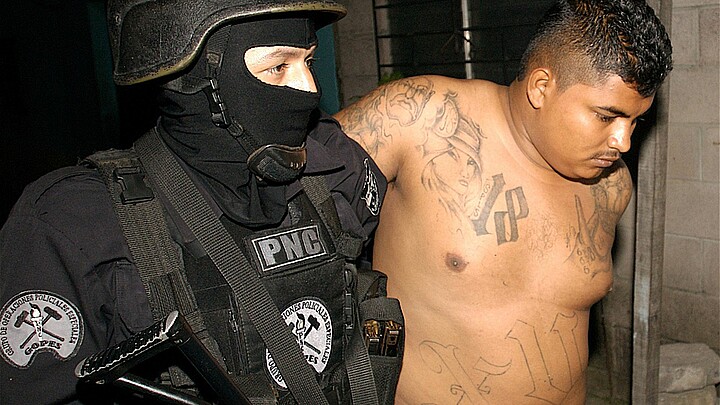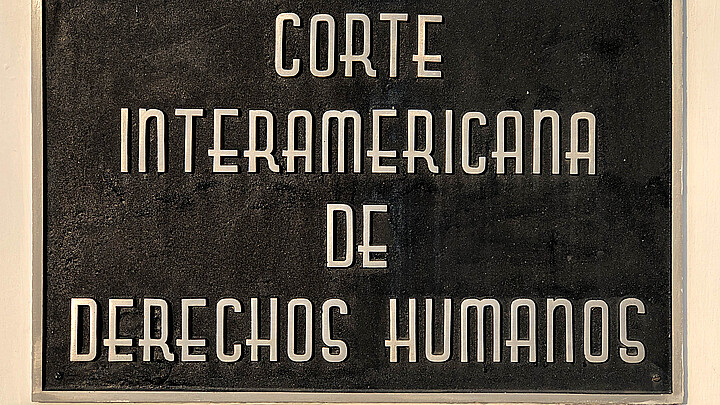Human Rights
El Salvador requiring inmates to pay for clothing, food, other necessities
Relatives of prisoners in El Salvador pay $35 for food, $15 for hygiene items, $30 for clothing, $20 for cleaning, and $70 for miscellaneous items.

February 21, 2023 7:32am
Updated: February 21, 2023 7:32am
Since December 2022, the relatives of the inmates of several prisons in El Salvador are forced to buy food packages in the prison, for $170 monthly, by the order of Nayib Bukele's administration.
According to Infobae, family members pay $35 for food, $15 for hygiene items, $30 for clothing, $20 for cleaning, and $70 for miscellaneous items.
The General Directorate of Penitentiary Centers (DGCP) of El Salvador began to make the mandatory collections of 170 dollars in the maximum security prison of Zacatecoluca and in at least two other prisons, in Apanteos and Izalco.
Family members cannot send products purchased outside the prison.
The investigation did not identify how the money will be used because "Nayib Bukele has declared all the information about prisons and his security policies confidential."
The Argentine news outlet estimates that El Salvador should have a monthly income of 17 million dollars, taking into account that, as of March 2022.
The Bukele government's penitentiary system currently has an estimated 64,000 inmates, to which another 40,000 have been added since the state of emergency was decreed a year ago.
On Feb. 14, the Salvadoran government extended the state of emergency for another 30 days.
Under this measure, which received the green light in the Salvadoran Congress, thousands of suspected gang members have been arrested; however, international organizations denounce that some of the detentions have been "arbitrary."
The decree received the approval of 67 out of the 84 deputies in the legislature, which is controlled by the ruling party.
However, the Minister of Justice and Security, Gustavo Villatoro, confirmed that of the total number of detainees (in the framework of the security policy), more than 3,000 have been "released," since no crime was proven against them.








